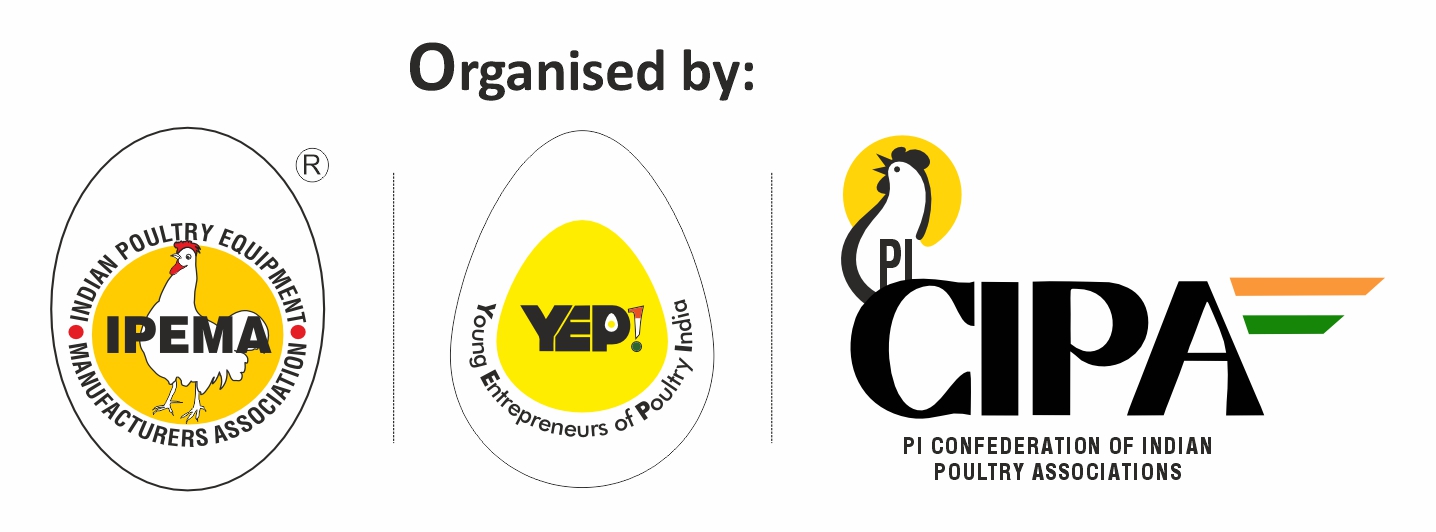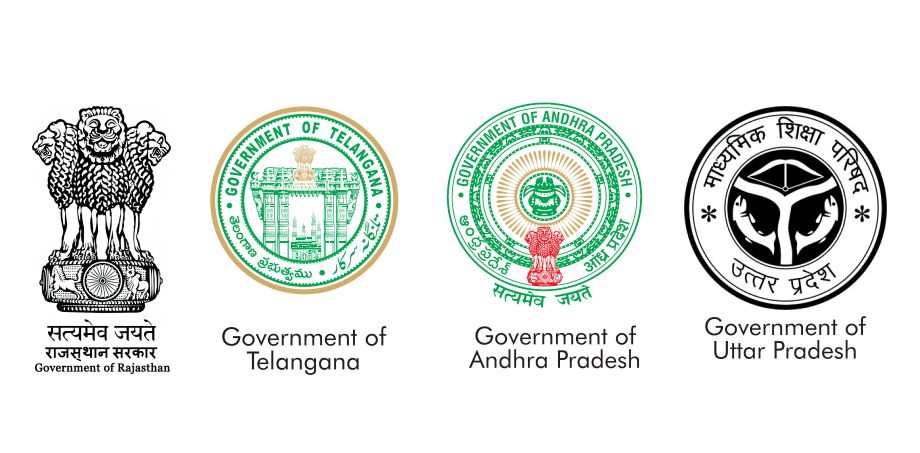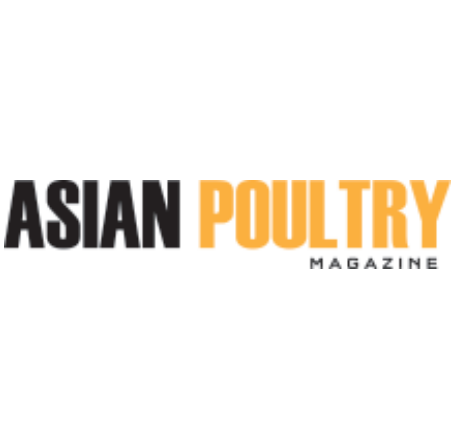Cracking the shell: Indian eggs may gain their freedom
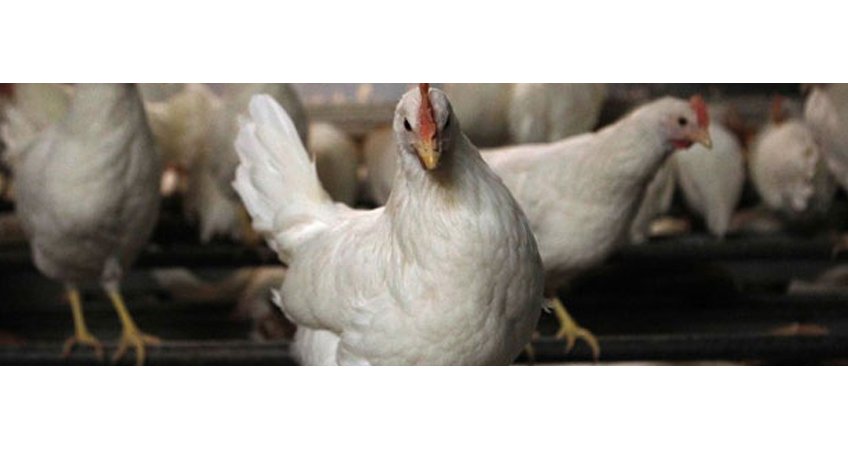
The commission’s recommendations on eggs hatched by cage-free birds have naturally set the regulatory cat among Indian hen coops.
“To curtail the cruel practice of confining birds, it is necessary to have a distinction between produce obtained from healthy farming of hens in a cage-free environment and produce obtained from battery-cage farming,” the draft Prevention of Cruelty to Animals (Egg Laying Hens) Rules, 2017, say.
The commission suggests state animal husbandry departments certify free-range farming in order to promote it. The recommendations are for egg-laying hens as well as broilers. The commission has also framed guidelines on rearing and stocking density of birds in poultry farms.
The Law Commission’s recommendations are usually not binding on the government, but the Rs 1-lakh crore poultry industry is aflutter over the penalties proposed in the Act. These include seizure of birds in the case of violation.
The draft rules follow a few months after the Centre notified rules for regulating cattle markets, also under the Prevention of Cruelty to Animals Act. These banned tying birds by their neck, leg or wing, and carrying them upside down. Implementation of the rules, though, has been put on hold.
Over 90 per cent of Indian poultry farms, including the big organised ones, rear birds in battery cages. The cages are often so small that the birds are unable to stand straight or spread their wings.
“A typical egg farm in our country contains thousands of cages with tens of thousands of birds. This method of stocking hens leads to sore feet, minor and major abrasions, broken bones and other injuries,” the commission said. The commission, which made its recommendations on a reference from the law ministry, also said the weight of birds should be the critical factor in calculating stocking density. The poultry industry claims free-range farming will not only lower yields but will also increase the incidence of disease with birds being exposed to manure and droppings.
“There is a reason for keeping birds in elevated cages — hygiene,” said Harish Garware, chairman and managing director of Gartech, a poultry equipment manufacturer. He said the draft recommendations, if accepted, would require billions of dollars in investment and would unnecessarily change the production pattern of India's poultry industry.
Ricky Thaper, treasurer of the Poultry Federation of India, said given the scale of India’s poultry industry, free-range farming was not possible.
India’s production of eggs has increased from 27.33 billion in 2015-16 to 29.09 billion in 2016-17 (both rainy season). Commercial poultry farms contribute three-fourths of this and the rest is by backyard farms.
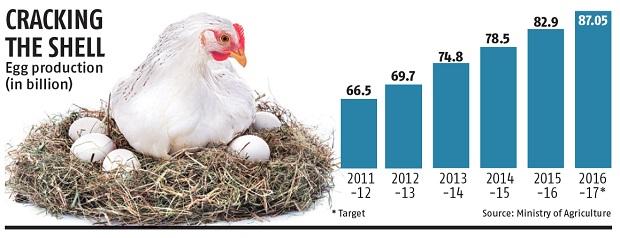
source: www.business-standard.com







